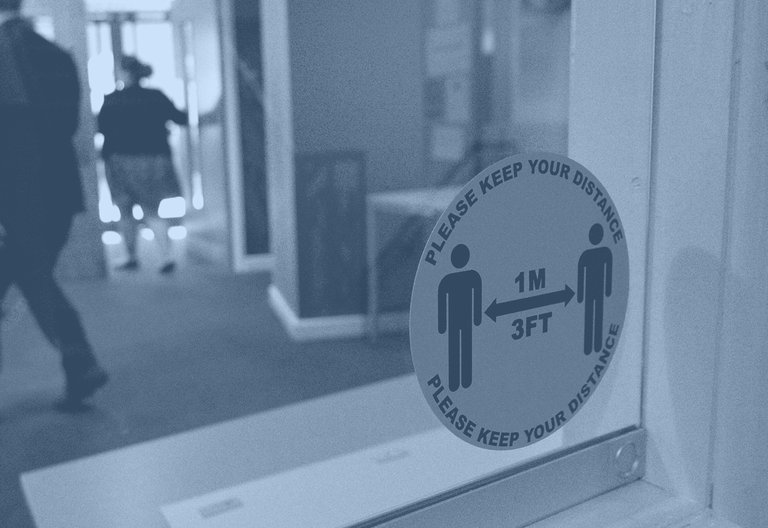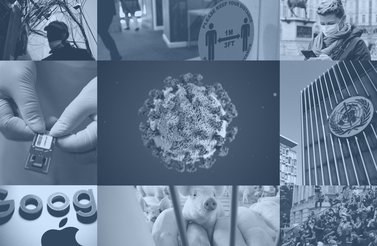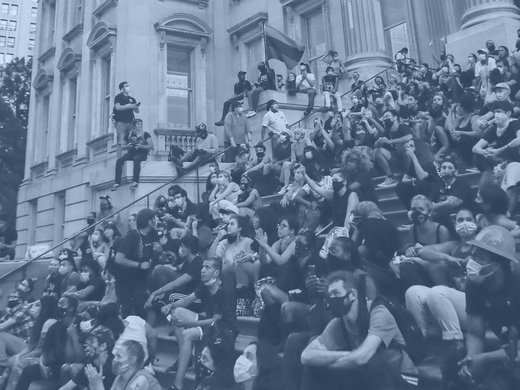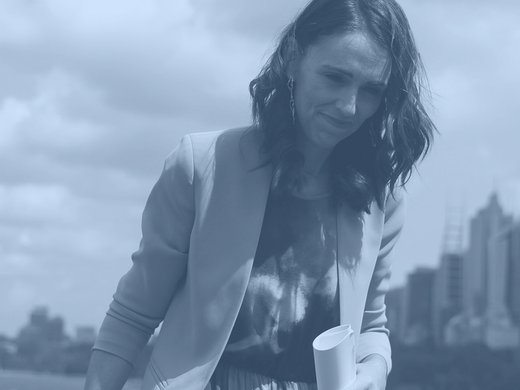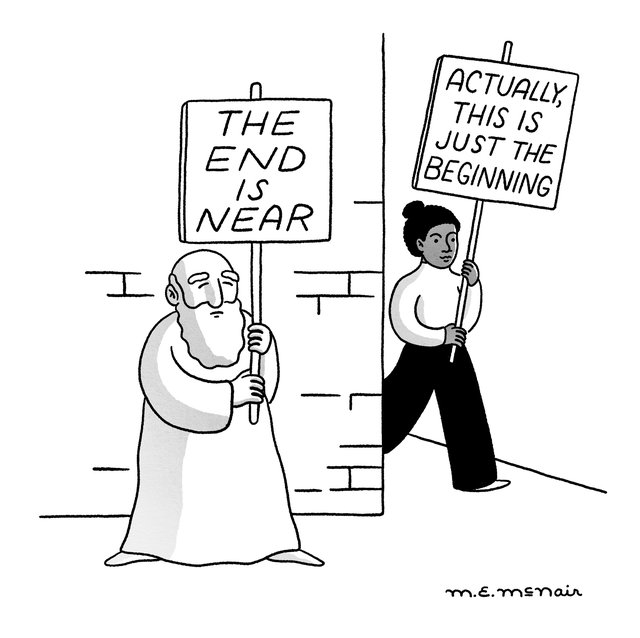
lthough we are still fighting a first phase of the COVID-19 crisis, it’s clear its impacts will be manifold and enduring. Analogies have been drawn between this moment and 9/11, the 1918 flu epidemic, the financial crisis of 2007/2008, and the invention of the internet and the smartphone, all examples of game-changing episodes. The current crisis will have some features in common with previous analogues, and some that are unique to it. We are still in the realm of informed speculation, but it is not too early to reflect on what the lasting impacts of the crisis will be.
The implications of this crisis have many dimensions. While nominally a health crisis — the world as we knew it has been felled by a bug 120–160 nanometres in diameter — the science of the issue is only one among several complexities that must be addressed. Countries and regions that have successfully managed the first wave have demonstrated the value of social cohesion, of collective trust in the authorities and of abiding by evidence-based decision making. The essays in the first section of this collection cover this aspect.
Since we live in a world driven by new technologies, in particular, digital technologies that are inherently “multi-use,” every tool we use to adapt to the “new normal” or to mitigate a problem created by the pandemic has side effects. The massive increase in working virtually and dependence on internet connectivity has laid bare the fragility of cybercommunications systems — and the perils of cyber-exclusion. Apps may breed a false confidence in technical fixes at the expense of more commonsensical measures while leading us further down the slippery slope of a surveillance society. The pieces in the second section cover these possibilities.
A — small — bright spot in the current situation has been the alacrity with which the research world and many countries’ regulatory authorities have moved, respectively, to develop tests, treatments and vaccines and to compress the research-to-availability process. But bigger challenges remain — to create a genuinely open global process of scientific research and dissemination, and to encourage global scientific cooperation more broadly. The pieces in the third section cover this area and betray a glimmer of hope in the currently otherwise desolate terrain of international cooperation.
The crisis has upended economies and the parameters that guide policy responses — in the countries that can afford to do so. It has also reinforced geopolitical and geo-economic trends — particularly in the contested rise of China — that had taken shape before the pandemic. The fourth section of essays provides an analysis.
The final section in this series builds on these ideas, by providing scenarios on what the crisis will do to key global arrangements and, into the future, what it means for the forward-looking agenda of governance in the digital world.
“Forward-looking” might be a misnomer here. What is striking about the current situation — however hurtful and discombobulating it has indeed been — is how much it reflects realities that pre-existed it. Maps of cities showing the incidence of COVID-19 by neighbourhood look remarkably like portrayals of the city’s socio-economic geography. The dichotomy between the economy and health has also been shown to be mostly false. The concern about digital technologies leading to good and bad outcomes; the role of massive global information platforms in helping or hurting our societies and their politics; and the need to revisit intellectual property rules, particularly in cases where technologies have large positive or negative spillovers, were all live public policy issues before the pandemic. It has only added octane to what we already knew and were grappling with. But this too is a sea change in our thinking about the world as we knew it and where it might be headed, a direction that citizens and their governments have the capacity to shape.

